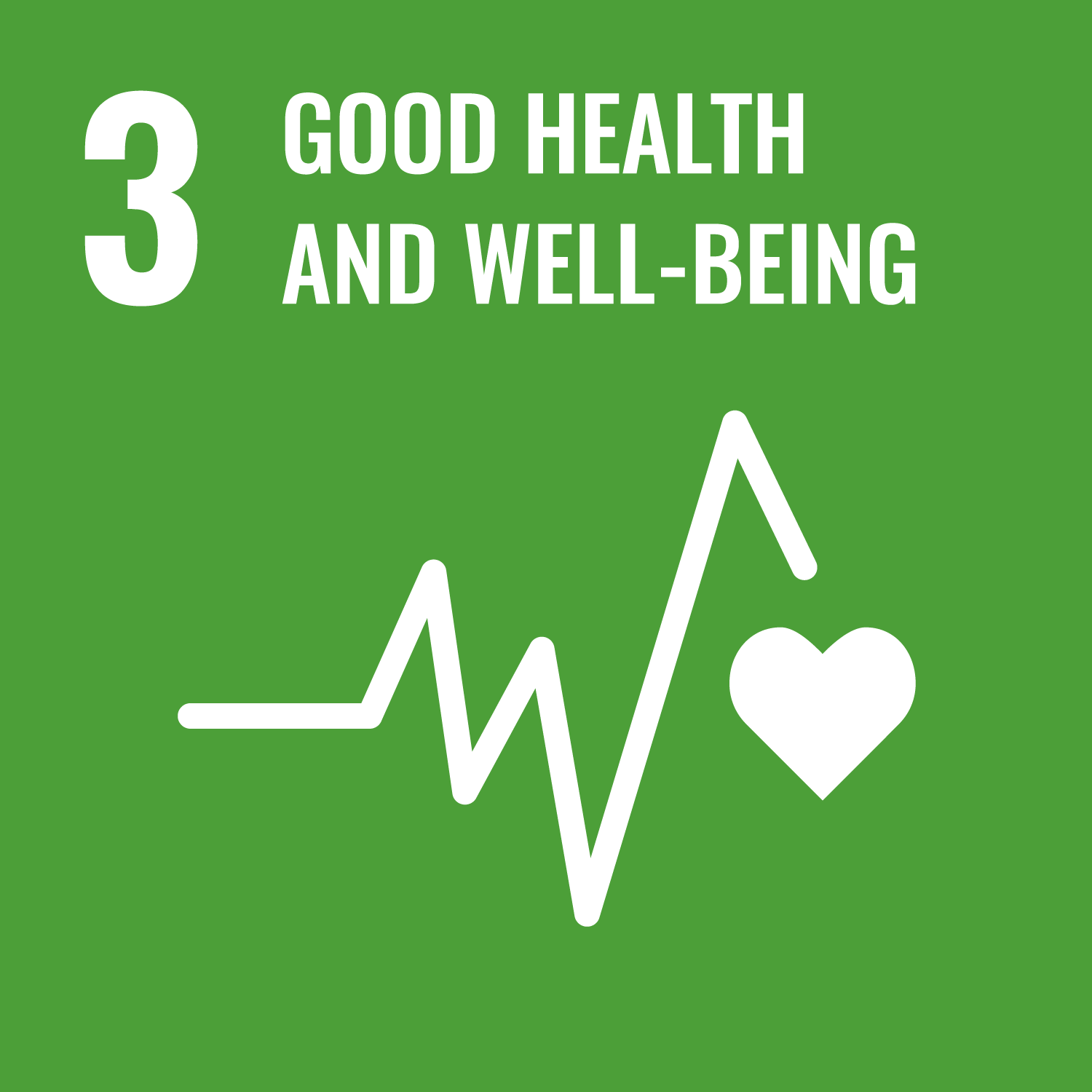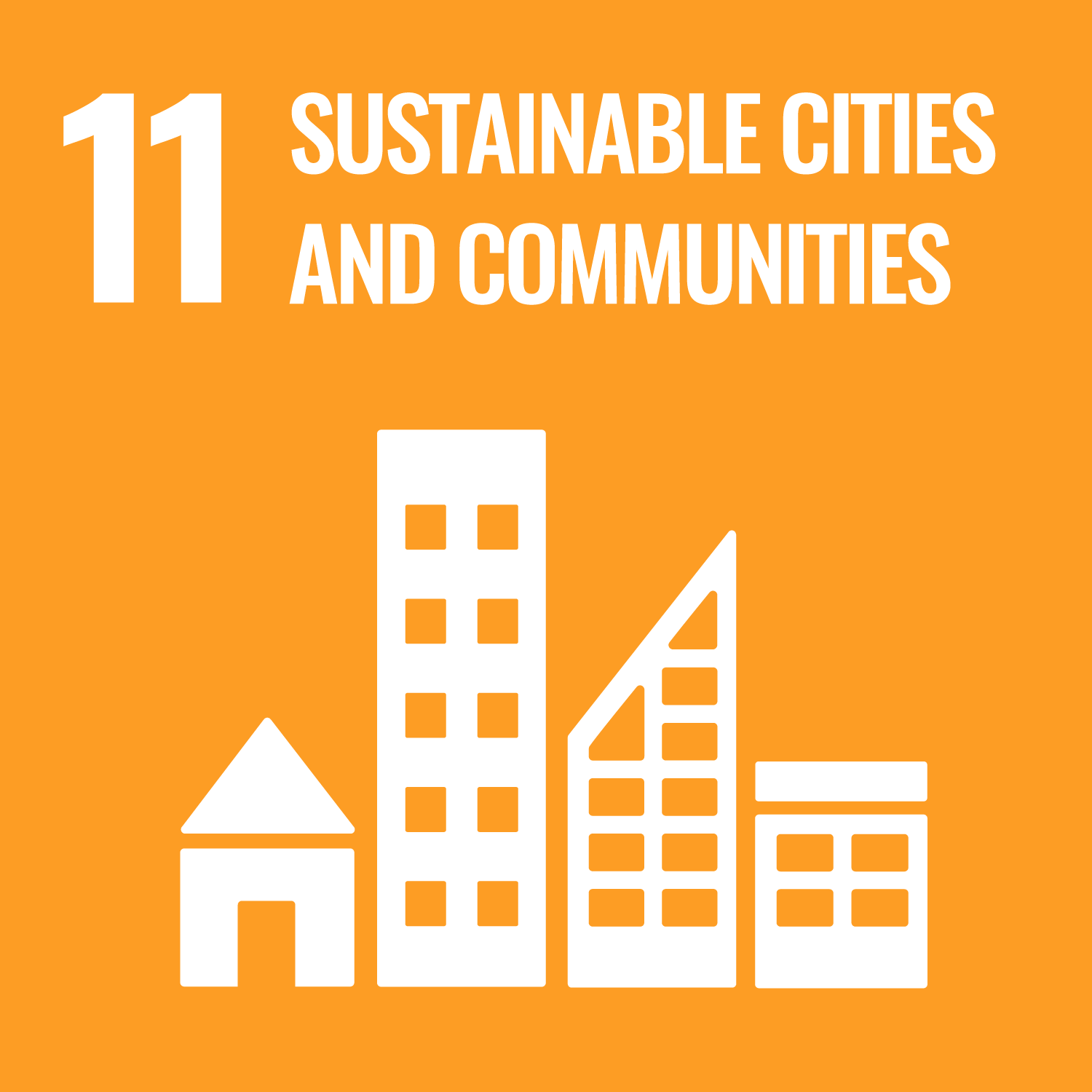Manchester Multi-dimensional Treatment Foster Care- Adolescents (MTFC-A)
Aligned SDGs


- Manchester Multi-dimensional Treatment Foster Care- Adolescents (MTFC-A)
- General overview
- Location
- Involved organisations
- Outcome metrics
- Other resources
- Spreadsheet of data
- Manchester Multi-dimensional Treatment Foster Care- Adolescents (MTFC-A)
- General overview
- Location
- Involved organisations
- Outcome metrics
- Other resources
- Spreadsheet of data
General overview
Stage of development: Complete
Policy sector: Child and family welfare
Date outcomes contract signed: Feb 2014
Start date of service provision: 2014
Capital raised (minimum): GBP 1.20m (USD 1.97m)
Intervention
Uses an intervention called Multi-dimensional Treatment Foster Care - Adolescents (MTFC-A), as an alternative to local authority residential care for those young people that meet the criteria. Within Multi-dimensional Treatment Foster Care, foster carers are trained to provide MTFC in order to help addressing children’s emotional and behavioural difficulties. The one-year MTFC programme includes encouraging the development of academic skills, setting boundaries, supporting the establishment of contact with pro-social peers and maintaining close supervision of the child.
Target population
High need young people aged 11-14 who are looked after by the local authority, either in residential care or in foster placements, who are at risk of entering residential care.
Location
Country
- United Kingdom
Service delivery locations
- Manchester, North West
Involved organisations
- Deutsche Bank
- Big Society Capital
- Esmee Fairbairn Foundation
- Panahpur Charitable Trust
- European Investment Fund (EIF) / European Fund for Strategic Investments (EFSI)
- Pilotlight
- Trust for London
- Bridges Impact Foundation
- Office for Civil Society
- JP Morgan
- Merseyside
- Omidyar Network
- The Prince's Charities
- Pension funds
Outcome metrics
- Young person engaged in MTFC-A programme. Service user is engaged with MFTC for one week in first year. Data on 11-14 yr olds in residential care in 2007 – 2008.
- Young person moved out of residential placement. Young person remains in family setting for a week for 2.5 years after the MTFC-A programme ends. Data on 11-14 yr olds in residential care in 2007 – 2008.
- Young person achieves 'wellbeing outcomes. Young person achieves all wellbeing outcomes at graduation and 12 months mpost completion of programme. Data on 11-14 yr olds in residential care in 2007 – 2008.
Spreadsheet of data
Important Notice and Disclaimer on INDIGO Data
INDIGO data are shared for research and policy analysis purposes. INDIGO data can be used to support a range of insights, for example, to understand the social outcomes that projects aim to improve, the network of organisations across projects, trends, scales, timelines and summary information. The collaborative system by which we collect, process, and share data is designed to advance data-sharing norms, harmonise data definitions and improve data use. These data are NOT shared for auditing, investment, or legal purposes. Please independently verify any data that you might use in decision making. We provide no guarantees or assurances as to the quality of these data. Data may be inaccurate, incomplete, inconsistent, and/or not current for various reasons: INDIGO is a collaborative and iterative initiative that mostly relies on projects all over the world volunteering to share their data. We have a system for processing information and try to attribute data to named sources, but we do not audit, cross-check, or verify all information provided to us. It takes time and resources to share data, which may not have been included in a project’s budget. Many of the projects are ongoing and timely updates may not be available. Different people may have different interpretations of data items and definitions. Even when data are high quality, interpretation or generalisation to different contexts may not be possible and/or requires additional information and/or expertise. Help us improve our data quality: email us at indigo@bsg.ox.ac.uk if you have data on new projects, changes or performance updates on current projects, clarifications or corrections on our data, and/or confidentiality or sensitivity notices. Please also give input via the INDIGO Data Definitions Improvement Tool and INDIGO Feedback Questionnaire.